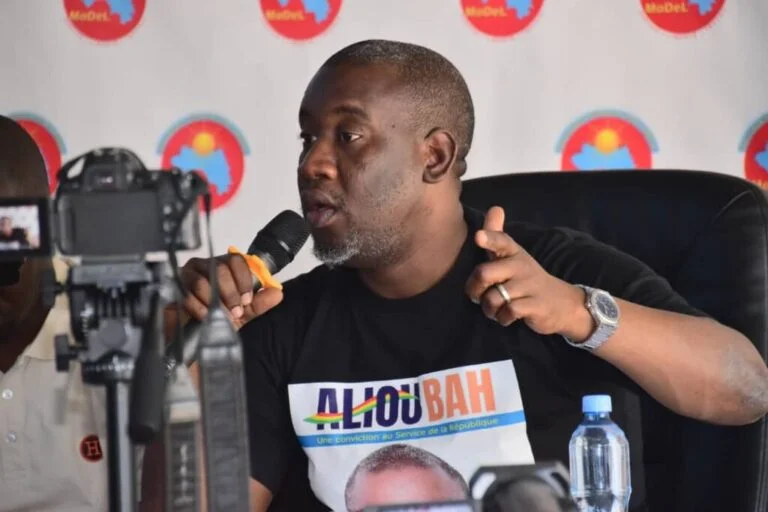On January 13, 2021, a Guinean court sentenced Souleymane Conde and Youssouf Dioubate, members of the Front National pour la Défense de la Constitution (FNDC), to one year in prison for inciting an insurrection, per Amnesty International.
The duo, arrested in September 2020 amid pre-election tensions, faced lighter sentences than the five years sought by prosecutors, alongside fines of 1,600 euros each, per. A third FNDC member, Roger Bamba, died in detention, with his family alleging poisoning, per.
Context of Political Repression
The sentencing followed President Alpha Conde’s controversial third-term win on October 18, 2020, after a March 2020 constitutional change bypassed Guinea’s two-term limit, per. The election, marred by violence, saw 50 deaths in clashes, per Human Rights Watch.
The FNDC led protests against Conde’s candidacy, resulting in 400 arrests during the election period, per. Amnesty’s Fabien Offner called the crackdown “unprecedented,” per.
Authoritarian Drift Concerns
Conde, Guinea’s first democratically elected president in 2010, faced accusations of authoritarianism, per. His 2020 re-election, with 59% of votes amid 40% turnout, was disputed by opposition leader Cellou Dalein Diallo, per. The government’s use of lethal force—killing 12 in Conakry post-election, per—drew international condemnation. Bamba’s death in detention raised suspicions of state misconduct, per.
Humanitarian and Political Fallout
The crackdown displaced 14,000 Guineans, with many fleeing to Senegal, per UNHCR. Guinea’s economy, reliant on bauxite (50% of GDP), struggled with 7% inflation and 47% poverty, per World Bank, fueling unrest. The FNDC’s protests highlighted public frustration, with 60% of Guineans opposing the constitutional change in 2020 surveys, per Afrobarometer. Conde’s September 2021 ousting by a military coup underscored his weakening grip, per.
Critical Analysis
The sentencing reflects Conde’s strategy to suppress dissent, targeting the FNDC to deter protests, per. The light sentences, reduced from five years, suggest judicial pressure from international scrutiny, per Amnesty International.
However, Bamba’s death and 90 protester fatalities since 2019 indicate systemic abuses, per. Guinea’s weak judiciary, ranked 130th globally for rule of law, per World Justice Project, enabled impunity. Ethnic tensions, with Conde’s Malinke base versus Fulani opposition, risked further violence, per.
Path Forward
Guinea must investigate detention deaths and protest killings, as urged by ECOWAS, per. Releasing political prisoners and engaging in dialogue with the FNDC could ease tensions, per. Strengthening judicial independence and addressing poverty (60% below $2.15/day, per World Bank) are critical to prevent coups, as seen in 2021, per. International sanctions on officials linked to abuses, per, could push reforms, ensuring Guinea’s democratic stability.






